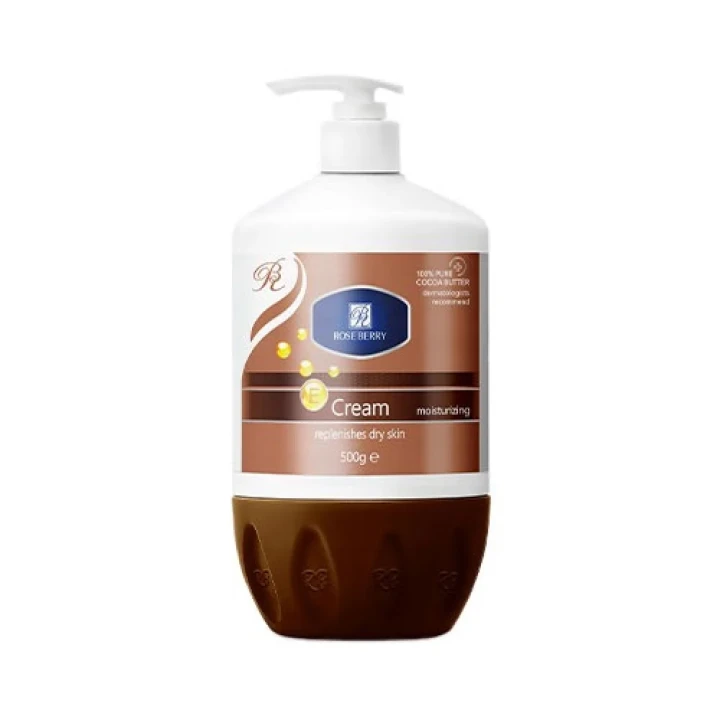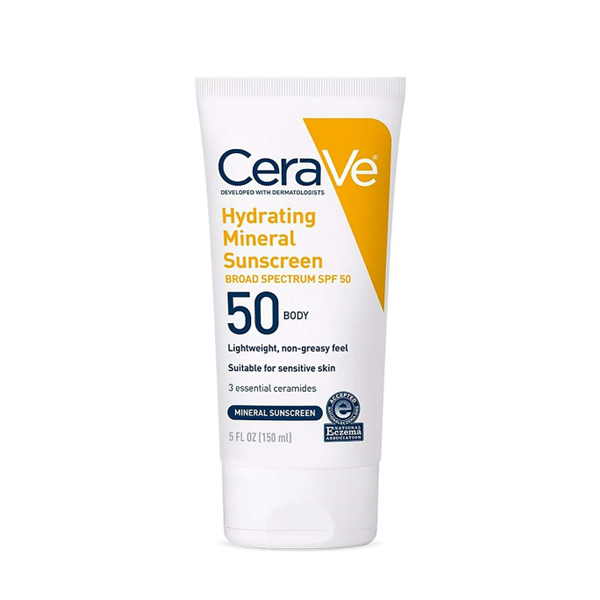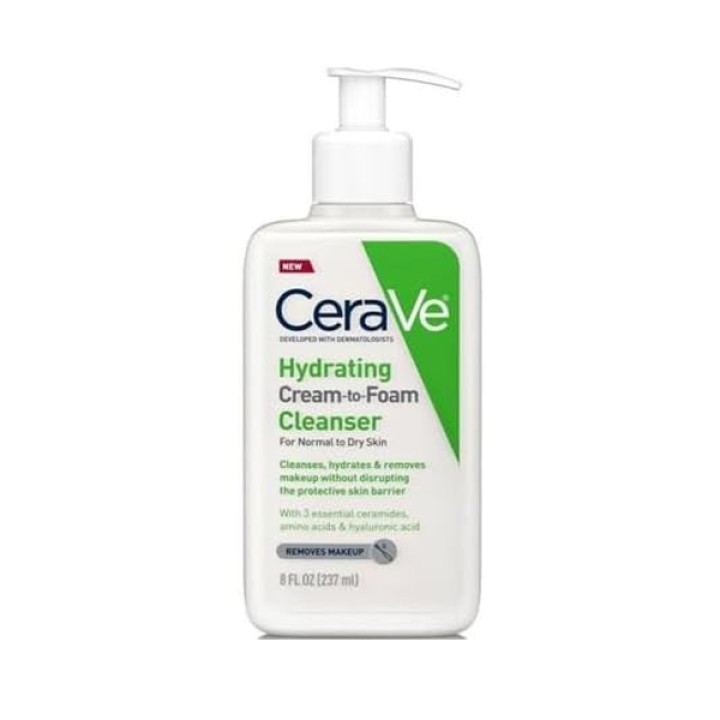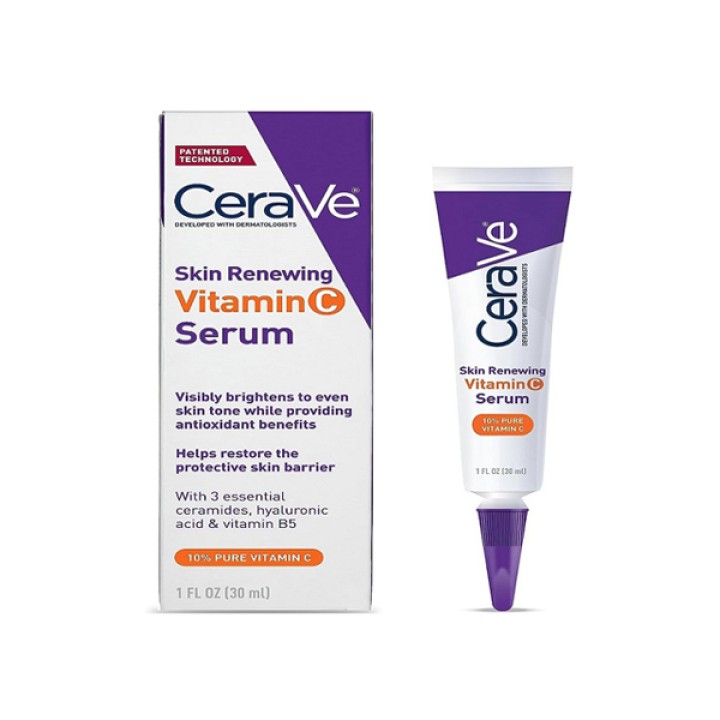
Sensitive Skin: Essential Tips and Effective Skincare Routine
Sensitive skin is a delicate skin type that is prone to reactions and easily irritated by various environmental and skincare factors. In this article, we will delve into the characteristics and specifications of sensitive skin, explore common symptoms and problems, discuss suitable skincare routines, provide tips for maintaining its health, recommend products, and highlight cautionary measures to avoid exacerbating sensitivity.
Skin Specifications
Sensitive skin is characterized by its hyper-reactivity to external factors. It often becomes inflamed, irritated, or experiences discomfort when exposed to certain triggers. Sensitive skin has a thinner epidermal barrier, making it more susceptible to moisture loss and external irritants. It may exhibit redness, itching, dryness, and a tendency to develop rashes or breakouts.
Symptoms and Common Problems
Individuals with sensitive skin commonly experience the following symptoms and problems:
- Redness and Irritation: Sensitive skin often appears flushed or red, especially when exposed to heat, cold, or certain ingredients.
- Dryness and Tightness: Sensitive skin tends to be more prone to dryness, leading to a tight and uncomfortable sensation.
- Allergic Reactions: Sensitive skin may react adversely to skincare products, such as developing rashes, itching, or hives.
- Sensations of Burning or Stinging: Certain environmental factors or harsh products can cause a burning or stinging sensation on sensitive skin.
Suitable Skincare Routine
To care for sensitive skin, consider the following skincare routine:
Gentle Cleansing: Use a mild, fragrance-free cleanser specifically formulated for sensitive skin. Avoid harsh cleansers that may strip away natural oils and disrupt the skin barrier.

Hydrating and Soothing Toner: Apply a gentle, alcohol-free toner to soothe the skin and restore pH balance after cleansing.

Moisturizing with Hypoallergenic Products: Use a fragrance-free, hypoallergenic moisturizer with ingredients like ceramides, hyaluronic acid, or aloe vera to provide hydration and strengthen the skin barrier.
Cantu skin therapy shea butter body cream

Sun Protection: Apply a broad-spectrum sunscreen with at least SPF 30 daily, even on cloudy days, to shield sensitive skin from harmful UV rays.

Tips for Maintaining Sensitive Skin
Here are some essential tips to maintain the health and well-being of sensitive skin:
Patch Testing: Always patch test new products on a small area of skin before applying them to your entire face to check for any adverse reactions.
Avoid Harsh Ingredients: Steer clear of skincare products containing fragrances, alcohol, sulfates, and other potential irritants that can trigger sensitivity.
Be Gentle: Handle your skin with care. Avoid rubbing or scrubbing vigorously and use soft, clean towels when drying your face.
Hydration is The Key: Drink plenty of water to keep your skin hydrated from within, as well as using moisturizers to lock in external moisture.
Recommended Products
When selecting products for sensitive skin, consider the following:
Gentle Cleanser: Look for a mild, non-foaming cleanser that is fragrance-free and formulated for sensitive skin.

Calming Moisturizer: Choose a moisturizer with soothing ingredients like chamomile, oatmeal, or niacinamide to calm and hydrate sensitive skin.
Minimalist Skincare: Opt for products with fewer ingredients to minimize the risk of irritation. Look for labels that indicate "hypoallergenic," "fragrance-free," or “dermatologist-tested.”
Cautionary Measures and Habits to Avoid
To prevent exacerbating sensitivity, be mindful of the following cautionary measures:
Avoid Over-Exfoliation
Limit exfoliation to once or twice a week and optfor gentle exfoliants specifically formulated for sensitive skin.
Hot Water and Extreme Temperatures
Avoid long, hot showers or baths, as they can strip the skin of its natural oils and worsen sensitivity. Additionally, protect your skin from extreme temperatures, such as very cold or windy conditions.
Picking or Popping Pimples
Refrain from picking or popping pimples, as this can lead to inflammation, scarring, and further irritation of the skin.

Stress and Diet
Manage stress levels, as stress can exacerbate skin sensitivity. Maintain a balanced diet rich in antioxidants and essential nutrients to promote overall skin health.
 English
English

